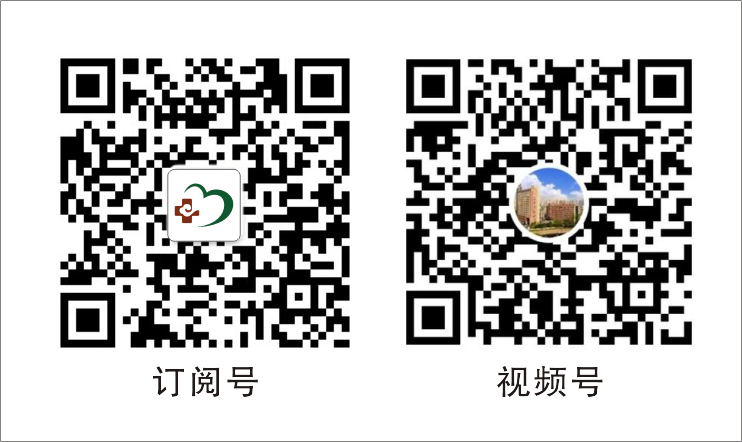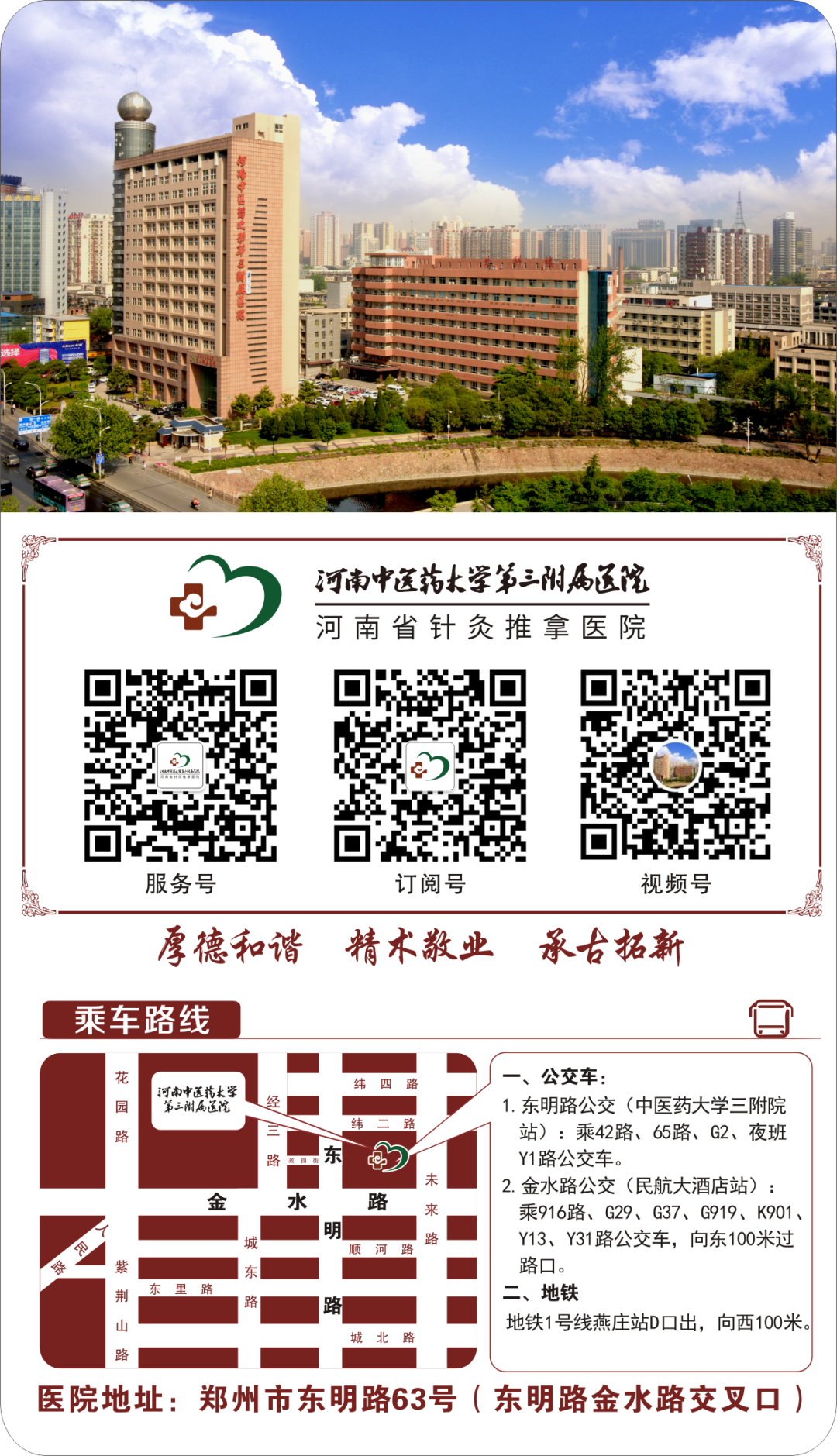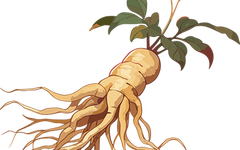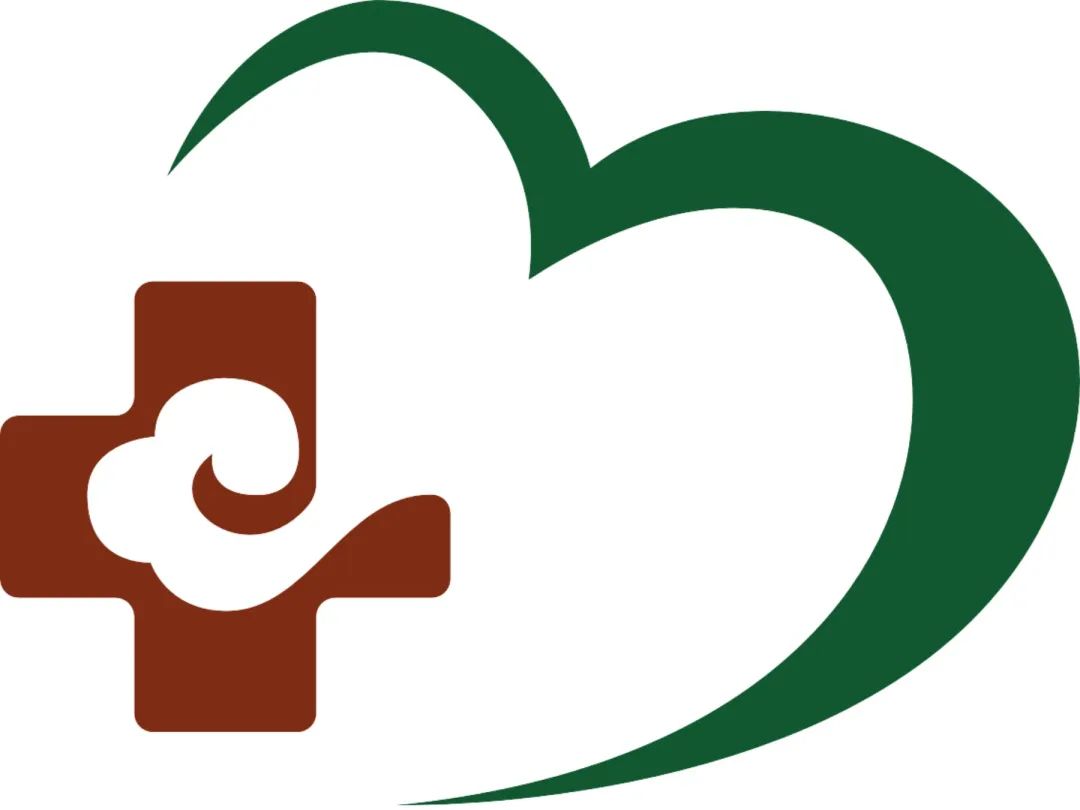
Click the blue text to follow us

Traditional Chinese Medicine Popularization
— About Ginseng —
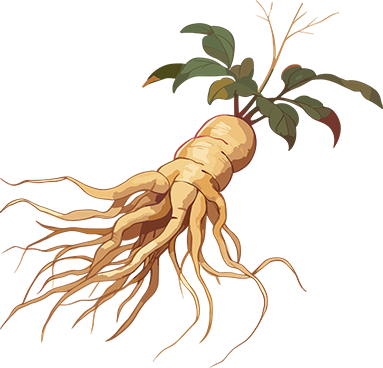
Ginseng (Ren Shen) is a perennial herb belonging to the Araliaceae family. Ginseng is warm in nature, sweet and slightly bitter in taste, and slightly warm. It enters the Spleen (Pi), Lung (Fei), Heart (Xin), and Kidney (Shen) meridians. It can greatly replenish vital energy (Yuan Qi), restore pulse, strengthen the Spleen, benefit the Lung, generate fluids, nourish blood, calm the mind, and enhance intelligence. It is used for symptoms of deficiency such as fatigue, cold limbs, weak pulse, Spleen deficiency with poor appetite, Lung deficiency with cough and wheezing, fluid damage with thirst, internal heat with thirst, Qi and blood deficiency, prolonged illness with weakness, palpitations, insomnia, impotence, and cold uterus.
Ginseng is a powerful tonic suitable for regulating blood pressure, restoring heart function, treating neurasthenia, and addressing physical weakness. It also has effects such as phlegm removal, appetite enhancement, diuresis, and stimulation. The stems, leaves, flowers, fruits, and processed by-products of ginseng are raw materials for light industry, which can be processed into products such as ginseng-containing cigarettes, liquor, tea, crystals, and ointments.

Who Needs to Take Ginseng?
Ginseng has a protective effect on symptoms caused by sub-health conditions such as fatigue, poor appetite, spontaneous sweating, night sweats, forgetfulness, dizziness, headaches, and impotence. It also enhances immunity, delays aging, regulates blood pressure and blood sugar, and protects the liver. In summary, individuals who feel weak or easily fatigued (often considered Qi deficiency in TCM) are most suitable for ginseng.
Cancer patients particularly need to supplement various nutrients. Although ginseng is not a basic nutrient like vitamins and minerals, its components such as ginsenosides and ginseng polysaccharides are very beneficial to the body. Especially after surgery, radiotherapy, or chemotherapy, cancer patients often have weakened constitutions and poor appetites. Appropriately taking ginseng can help restore vital energy and physical strength quickly.

Can Children Drink Ginseng Soup?
No, minors should use it with caution.

What Are the Side Effects of Improper Ginseng Use?
Generally, taking 3 grams of raw or red ginseng daily according to health needs will not cause adverse reactions. Ginseng has a strong tonifying effect, and taking it in large doses may lead to symptoms such as dizziness, headaches, irritability, insomnia, dry nose, dry mouth, nosebleeds, and diarrhea. If these occur, it should be discontinued immediately, and it is recommended to use it under the guidance of a doctor or pharmacist.

When Should Ginseng Not Be Used?
Ginseng should not be used in the following seven situations:
(1) If the face is red and black, and the spirit is strong, do not use.
(2) If the pulse is long, tight, slippery, and strong, indicating internal heat, do not use.
(3) If there is phlegm obstructing the Qi causing cough, do not use.
(4) If cold is binding heat evil in the lungs, causing cough, do not use.
(5) If there is prolonged illness with heat stagnation in the lungs, it is better to disperse than to tonify.
(6) For various pains, do not use suddenly, as the evil Qi is sharp; it is better to disperse than to tonify.
(7) If there is Yin deficiency with excess fire, or blood deficiency with excessive fire, and the pulse is wiry and rapid, cooling will harm the stomach, while warming will harm the lungs; do not tonify.

How Much Ginseng Should Be Taken Daily for Health?
The pharmacopoeia recommends a daily dosage of ginseng to be 3-9 grams; for health purposes, about 3 grams is sufficient. Hypertensive patients may need to increase the dosage to about 5 grams daily; hypotensive patients should reduce the dosage to about 1 gram daily.

What Is the Best Time to Take Ginseng for Health?
The best time for supplementation is during the autumn and winter seasons.

What Foods Should Not Be Eaten with Ginseng?
Ginseng should not be taken with Rhizoma Veratri (Li Lu), Soapberry (Zao Jiao), or Five Spirit Fat (Wu Ling Zhi), but these medicines are not commonly encountered. Generally, during the period of taking ginseng, it is advisable not to eat radishes and drink tea together, as they can weaken the effects of ginseng.
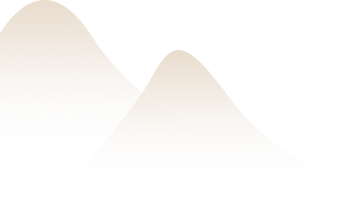
Recommended Dietary Uses of Ginseng
(1) Infusion: Take 1-3 grams of ginseng slices daily, place them in a porcelain or glass cup, pour in boiling water, cover, and wait a moment. After about 10 minutes, it can be consumed, with no limit on the number of times. When the water flavor becomes faint, the ginseng residue can be chewed or discarded.
(2) Stewing: Generally, use 2-5 grams daily, place the ginseng slices in a porcelain bowl, add an appropriate amount of water, seal the bowl, and place it on a steaming rack in a pot. After the water boils, simmer for 20-30 minutes. First, consume the ginseng juice, then swallow the ginseng slices, preferably half an hour before breakfast, and continue for an entire winter for best results.
(3) Boiling Water: Place 3 grams of ginseng slices in a clay pot or enamel container, add water, and boil until the ginseng slices turn red and the water becomes bitter. Then add a spoonful of honey and stir. This soup is called ginseng honey soup, and it should be consumed every morning for nourishment and taste.
(4) Congee: Add 3 grams of ginseng slices to water and boil, strain to obtain the juice, then add an appropriate amount of rice and water to cook into a thin porridge. When hot, add an appropriate amount of honey or sugar for consumption, chewing the ginseng. This should be done once daily to benefit Qi, nourish blood, and strengthen the Spleen.
(5) Sublingual: Take 2-3 pieces of ginseng slices, place them in the mouth, and slowly dissolve and swallow. This method is suitable for those with prolonged illness, physical weakness, Lung deficiency with wheezing, Spleen deficiency with fatigue, and dry mouth and throat.
(6) Powdering: Grind the ginseng into fine powder and swallow daily, with the dosage depending on individual constitution, generally 1-1.5 grams per time. This method is suitable for symptoms of Qi deficiency.
(7) Steamed Egg: Take one egg, remove the shell, place it in a bowl, add 1-2 grams of ginseng powder and an appropriate amount of water, mix well, or drill a small hole in the top of the egg, add the ginseng powder, mix well, seal with wet paper, and steam until cooked. This should be done once daily to tonify deficiency and strengthen the body, suitable for various chronic weakness diseases.
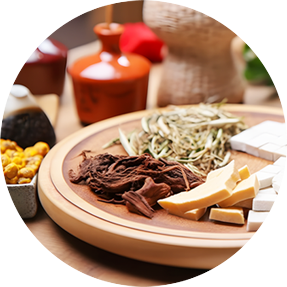

Source | Pharmacy Department, Wang Tian. (Note: The publication of this article on the WeChat account of the Third Affiliated Hospital of Henan University of Traditional Chinese Medicine is intended to convey more health information. If there are any errors in source attribution or infringement of your legal rights, please contact us promptly, and we will correct or delete it in a timely manner.)
Editor: Ding Yan
Proofreader: Sun Lu
Reviewer: Li Zhigang
For more information, please follow the WeChat subscription account and video account of the Third Affiliated Hospital of Henan University of Traditional Chinese Medicine.
